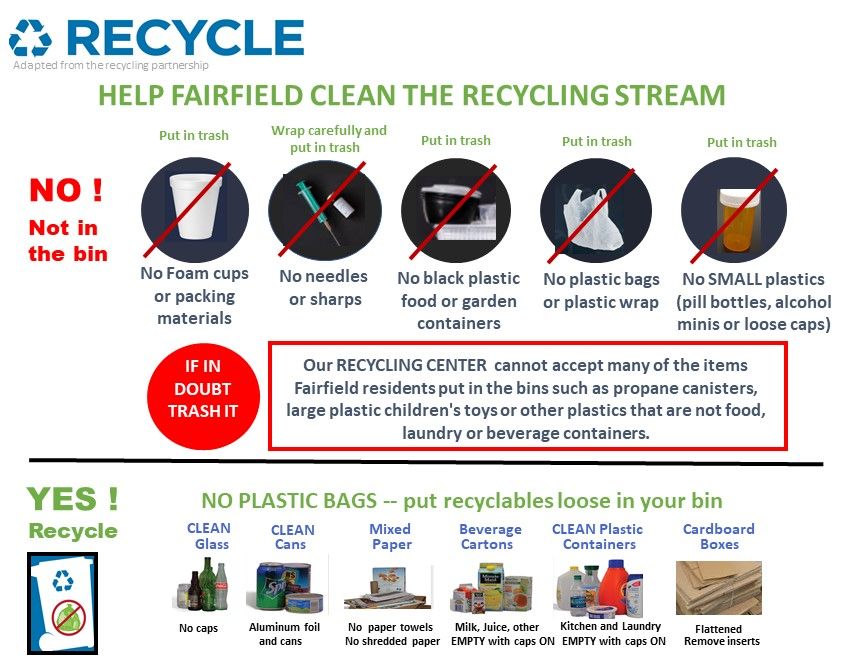Recycling and waste reduction are vital practices that every household should adopt to contribute to a sustainable future. By reducing the waste we produce and recycling materials correctly, we can minimize our environmental impact and conserve resources for future generations. This article aims to provide useful tips and guidelines for incorporating recycling and waste reduction practices into your daily life.
Why is Recycling Important?
Recycling plays a crucial role in conserving resources and reducing the amount of waste that ends up in landfills. When we recycle materials such as paper, plastic, glass, and metal, we help conserve energy and raw materials. Additionally, recycling reduces the need for resource extraction, such as mining, which can cause significant environmental damage.
Reducing Household Waste
The first step in waste reduction is to evaluate the types and quantities of waste generated in your household. By understanding what you throw away the most, you can identify areas where you can reduce waste. Here are some effective strategies:
1. Minimize Single-Use Items
Avoid purchasing products with excessive packaging and opt for reusable alternatives instead. For example, bring your own reusable bags when grocery shopping and use a refillable water bottle instead of buying bottled water.
2. Composting
Start composting organic waste, such as vegetable scraps and yard trimmings, to create nutrient-rich soil for your garden. Composting helps divert waste from landfills and reduces methane emissions, a potent greenhouse gas.
3. Donate or Sell Unwanted Items
Instead of throwing away items that are still in usable condition, consider donating them to local charities or selling them through online platforms. This not only reduces waste but also benefits others who may need those items.
Proper Recycling Practices
While recycling is important, it is equally crucial to recycle correctly to ensure that the materials are processed effectively. Here are some guidelines to follow:
1. Learn Local Recycling Guidelines
Check with your local recycling facility or municipality to become familiar with the acceptable recyclable materials, as they may differ depending on your area. Some common items that can be recycled include paper, cardboard, plastic bottles, glass containers, and aluminum cans.
2. Clean and Sort Recyclables
Make sure to clean food residue from containers before recycling them. Sorting materials into separate bins according to their type (e.g., paper, plastic, metal) ensures they can be efficiently processed by recycling facilities.
3. Avoid Contamination
Avoid placing non-recyclable materials or items with significant food contamination into recycling bins. Contaminated recycling can reduce the quality of recycled materials and may increase processing costs.
Conclusion
Recycling and waste reduction are essential practices for individuals to adopt in their households. By incorporating these strategies into our daily lives, we can significantly reduce the amount of waste we generate and help protect our environment for future generations. Remember, every small action counts, and together we can make a substantial impact on our planet’s health and sustainability.


